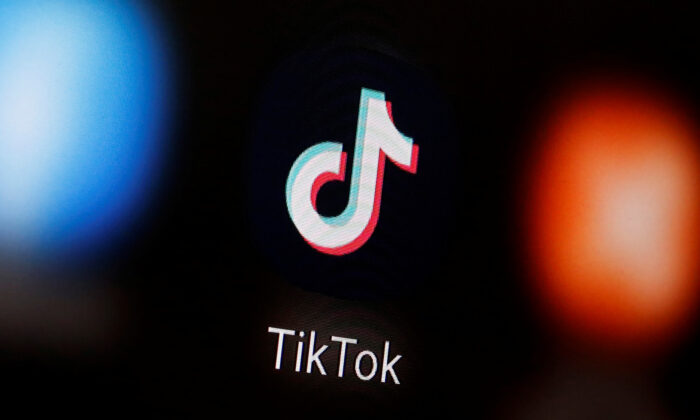Sessions Responds to Trump’s Endorsement of His Primary Opponent
WASHINGTON鈥擳wo Republican senators on March 12 introduced a bill aimed at banning federal employees from using Chinese social media app TikTok on their government-issued phones, amid growing national security concerns around the collection and sharing of data on U.S. users with the Chinese regime.
The bill by Senators Josh Hawley and Rick Scott comes as several U.S. agencies that deal with national security and intelligence issues including the State Department and the Department of Homeland Security have banned employees from using the app.
It is also the latest attempt to rein in technology companies by Hawley, who has repeatedly clashed with big tech companies and has a notably nuanced and aggressive approach when questioning tech executives in congressional hearings.
“TikTok is owned by a Chinese company that includes Chinese Communist Party members on its board, and it is required by law to share user data with Beijing,” Hawley said. ” As many of our federal agencies have already recognized, TikTok is a major security risk to the United States, and it has no place on government devices,” he added.
The app has been rapidly growing in popularity among U.S. teenagers and allows users to create short videos. About 60 percent of TikTok鈥檚 26.5 million monthly active users in the United States are between the ages of 16 and 24, the company said last year.
In November, the U.S. government launched a national security review of TikTok owner Beijing ByteDance Technology鈥檚 $1 billion acquisition of U.S. social media app Musical.ly.
TikTok has been on the defensive as lawmakers and law enforcement agencies take a closer look at its data security practices amid concerns it engages in censorship at the behest of the Chinese regime. The company previously said U.S. user data is stored in the United States and that China does not have jurisdiction over content that is not in China.
A TikTok spokesman told Reuters last week that the company is increasing its dialogue with lawmakers to explain its policies. The spokesman did not immediately respond to a request for further comment.
In November, Hawley unveiled a bill that would bar companies from China, Russia or other countries that present national security concerns from transferring Americans’ data back within their borders鈥攚here it could be used to spy on the United States.
The bill also prevented the companies from collecting data that isn鈥檛 necessary to the operation of their business, such as phone contacts or location in the case of TikTok.
By Nandita Bose
This article is from the Internet:US Senators Seek to Ban Federal Employees From Using TikTok on Their Phones
US Lawmakers Seek to Tighten Ban on Forced-Labor Goods From China’s Xinjiang
